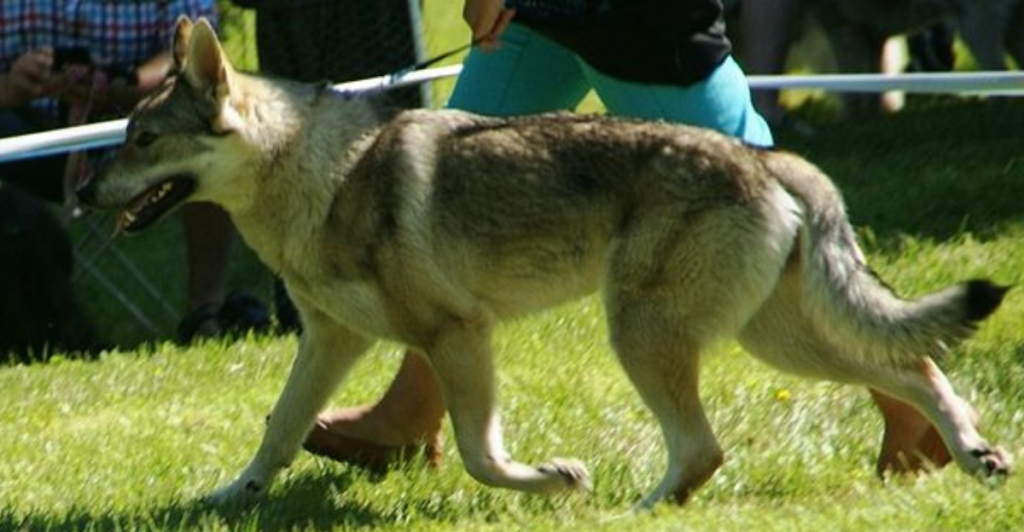
The allure of owning a wolfdog—a hybrid of a domestic dog and a wolf—continues to grow, but so do debates over their legality and ethical considerations. In 2024, regulations surrounding wolfdog ownership vary significantly across the United States, reflecting concerns about safety, animal welfare, and environmental impact.
Defining a Wolfdog
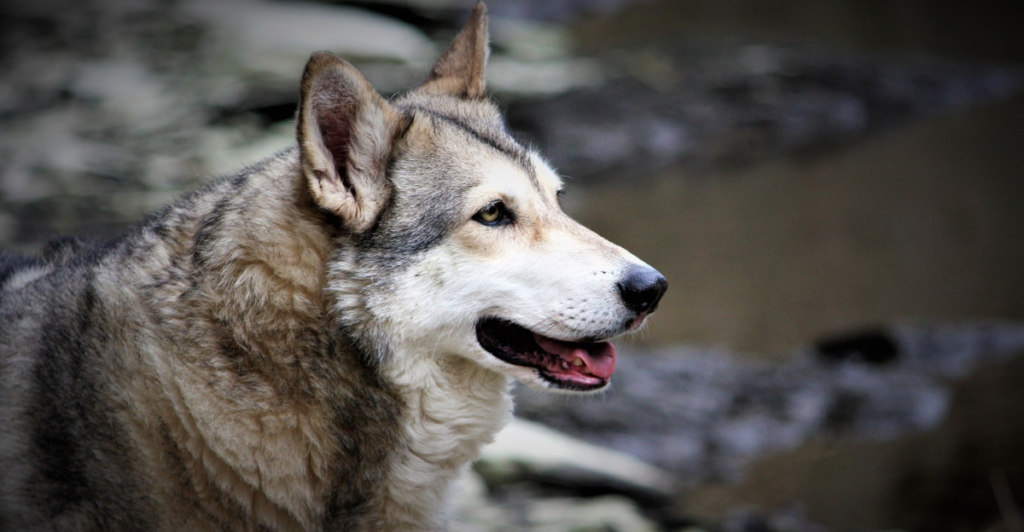
Wolfdogs are not a specific breed but rather hybrids that carry both wolf and dog genetic traits. Their behavior, size, and temperament depend on their genetic “content,” with low-content wolfdogs resembling domestic dogs and high-content hybrids retaining more wolf-like traits. These characteristics complicate their classification and the laws governing their ownership.
Legal Status Across the U.S.

Regulations for wolfdog ownership are inconsistent across the states. In some, ownership is outright banned due to safety concerns or ecological impacts. States such as California, Hawaii, and New York prohibit wolfdog ownership entirely, requiring even rescue operations to follow strict rules. Others, including Texas, North Carolina, and Nevada, allow wolfdog ownership but impose specific requirements, such as permits, secure enclosures, and liability insurance. Midwestern states like Minnesota also permit ownership but mandate additional safety measures for high-content wolfdogs.
Ownership Trends in 2024
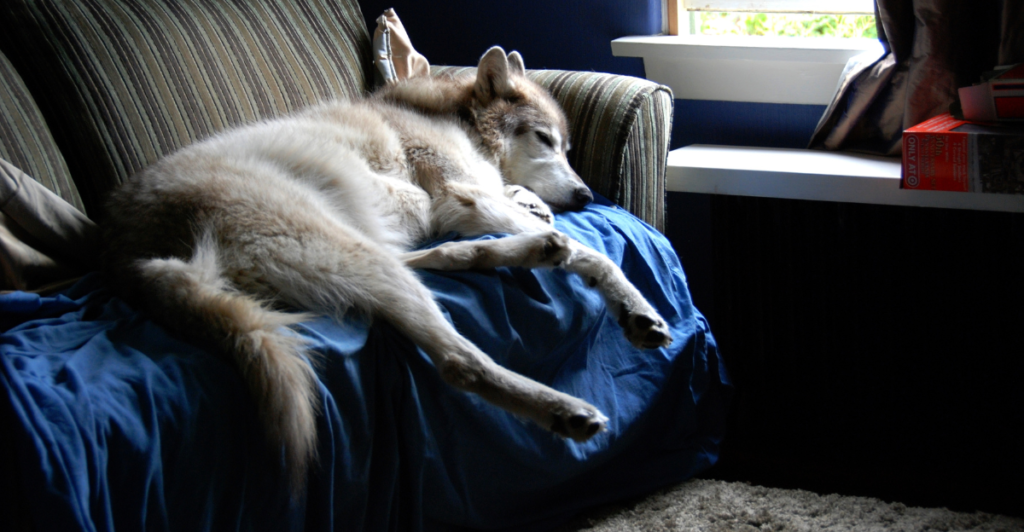
An estimated 300,000 wolfdogs live in the United States today, reflecting an upward trend driven by exotic pet enthusiasts. However, this increase has also prompted stricter regulations. Some states are considering revising laws to address rising concerns about wolfdog behavior, particularly as hybrid animals are reported to exhibit unpredictability, posing potential risks to owners and the community
Local Ordinances and Community Rules
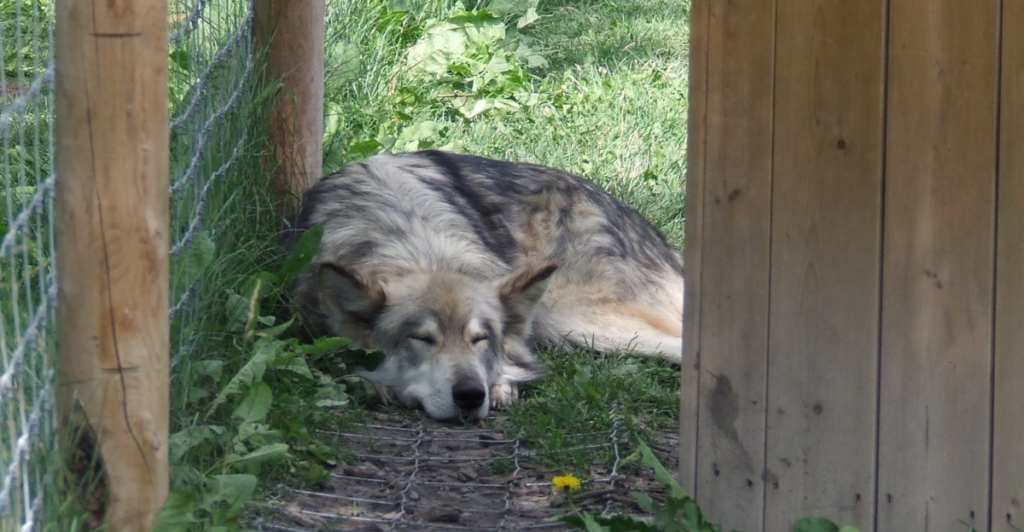
While state laws set the foundation, local ordinances add another layer of regulation. For instance, some cities or homeowner associations ban wolfdogs regardless of state-level permissions. This creates challenges for potential owners who must navigate both local and state regulations
Permit and Licensing Requirements
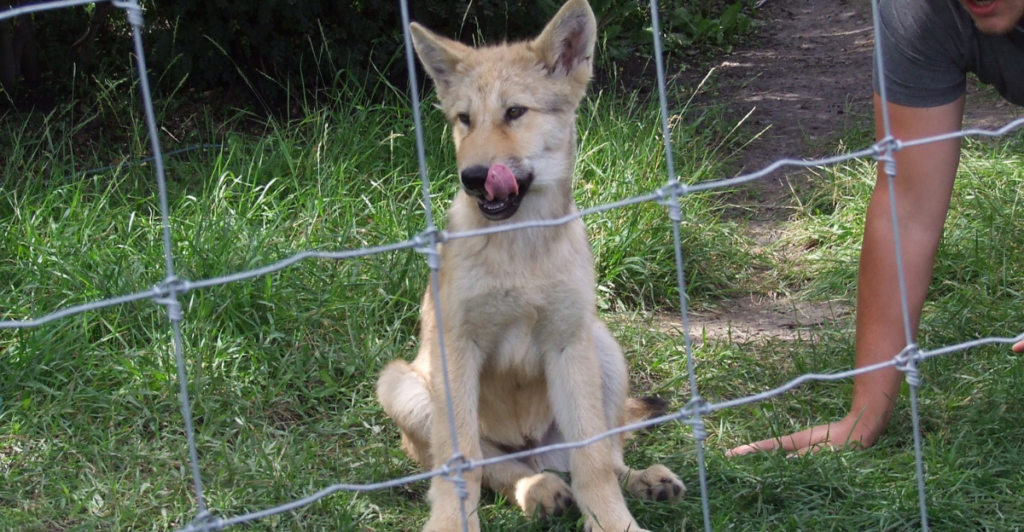
In states where wolfdogs are legal, obtaining a permit often involves significant prerequisites. These include providing a secure enclosure, demonstrating knowledge of hybrid animal behavior, and maintaining liability insurance. Violating these requirements can lead to hefty fines and confiscation of the animal
Ethical Concerns and Opposition
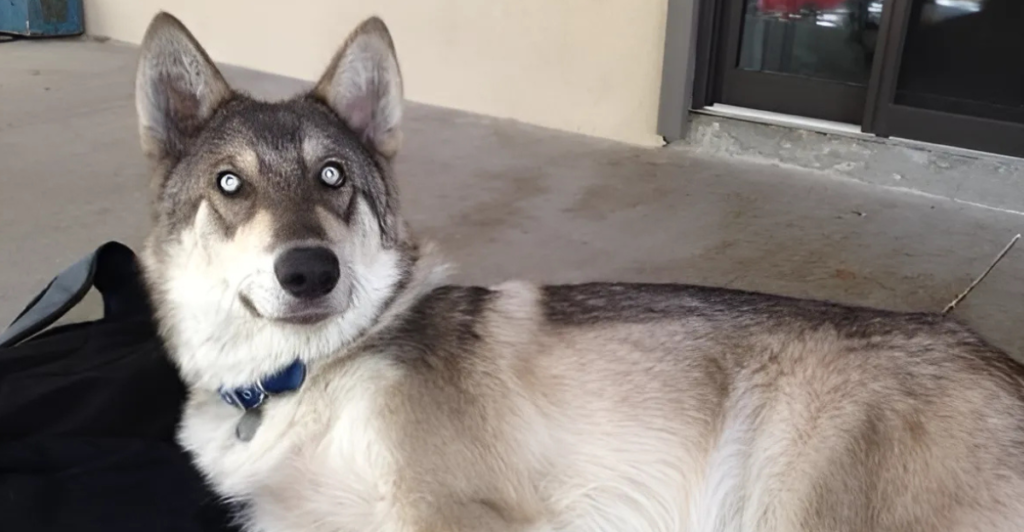
Critics of wolfdog ownership cite ethical concerns, arguing that hybrids often face welfare challenges, including improper care and socialization. Animal rights groups advocate for stricter regulations or outright bans, pointing to instances where poorly managed wolfdogs caused harm or were abandoned
Support for Responsible Ownership
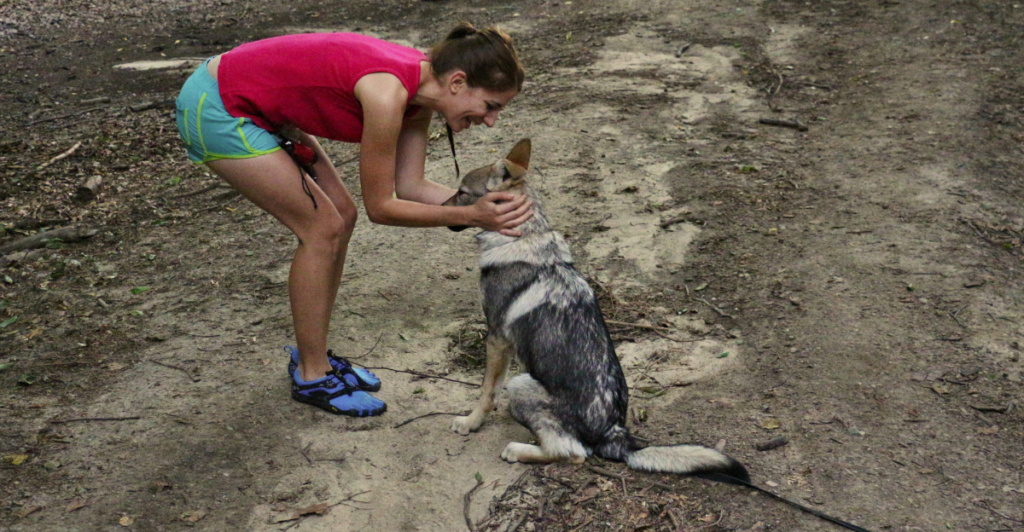
Advocates of wolfdog ownership stress the importance of responsible care. They argue that with proper training, secure containment, and adequate resources, wolfdogs can live fulfilling lives as pets. Educational initiatives and community support groups aim to provide guidance for owners
Challenges for Owners
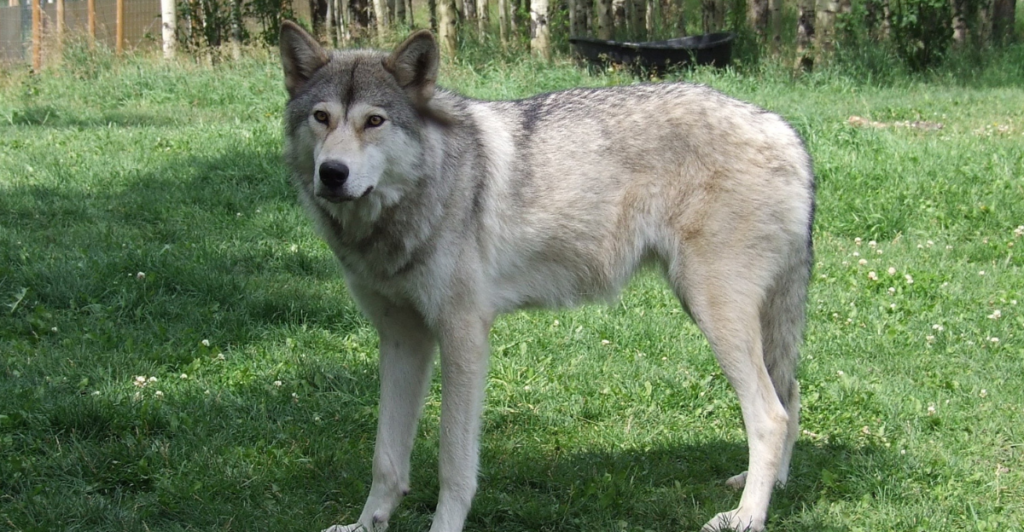
Owning a wolfdog involves navigating their unique behavioral tendencies, which include high energy levels, strong pack instincts, and potential unpredictability. These traits require extensive training and understanding, often making wolfdogs unsuitable for inexperienced pet owners
Environmental and Safety Considerations
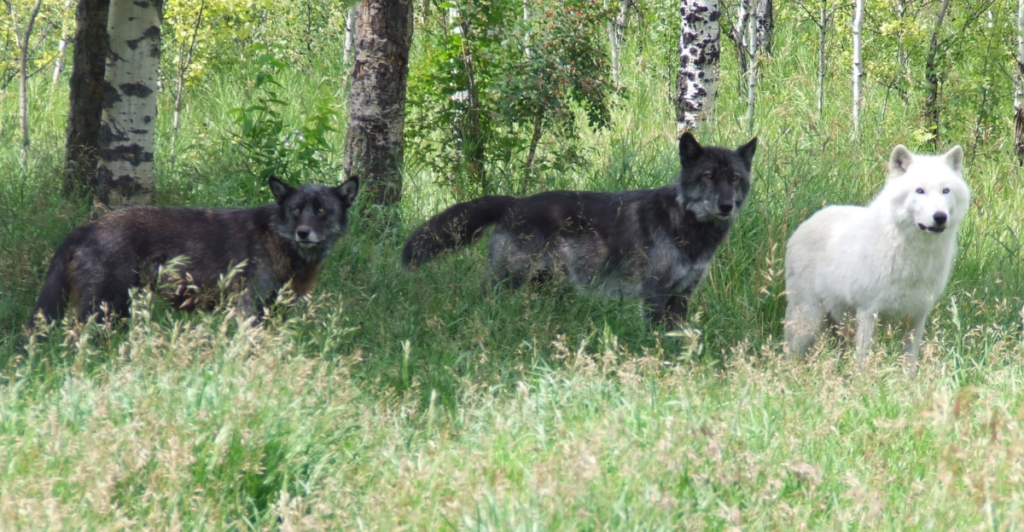
High-content wolfdogs can pose environmental risks if they escape or are abandoned, potentially disrupting local ecosystems. Ensuring their confinement is critical, as escapes can lead to conflicts with wildlife or local communities
Federal Oversight and Advocacy

The lack of federal laws governing wolfdog ownership places the regulatory burden on states and local authorities. Advocacy groups are lobbying for uniform legislation to ensure consistency and protect both animals and the public from potential risks
Future Legal Trends

As the debate continues, some states are reconsidering their positions on wolfdog ownership. Proposed legislation in certain areas aims to tighten regulations, while others explore programs to educate the public about the responsibilities of owning hybrid animals
Think Twice
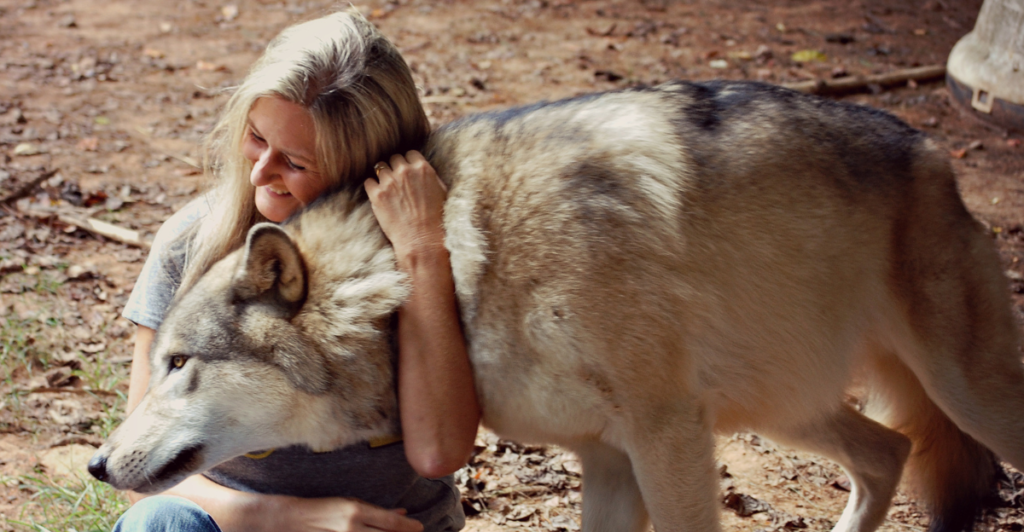
The legality of wolfdog ownership remains a complex and evolving issue. While these hybrids captivate enthusiasts with their unique characteristics, their care demands significant commitment, legal compliance, and ethical considerations. As more states refine their laws, the focus will likely shift toward balancing the interests of owners, the public, and the animals themselves.
For anyone considering a wolfdog, thorough research into state and local regulations is essential to ensure responsible ownership and avoid legal repercussions.
Stay connected with us for more stories like this! Follow us to get the latest updates or hit the Follow button at the top of this article, and let us know what you think by leaving your feedback below. We’d love to hear from you!







